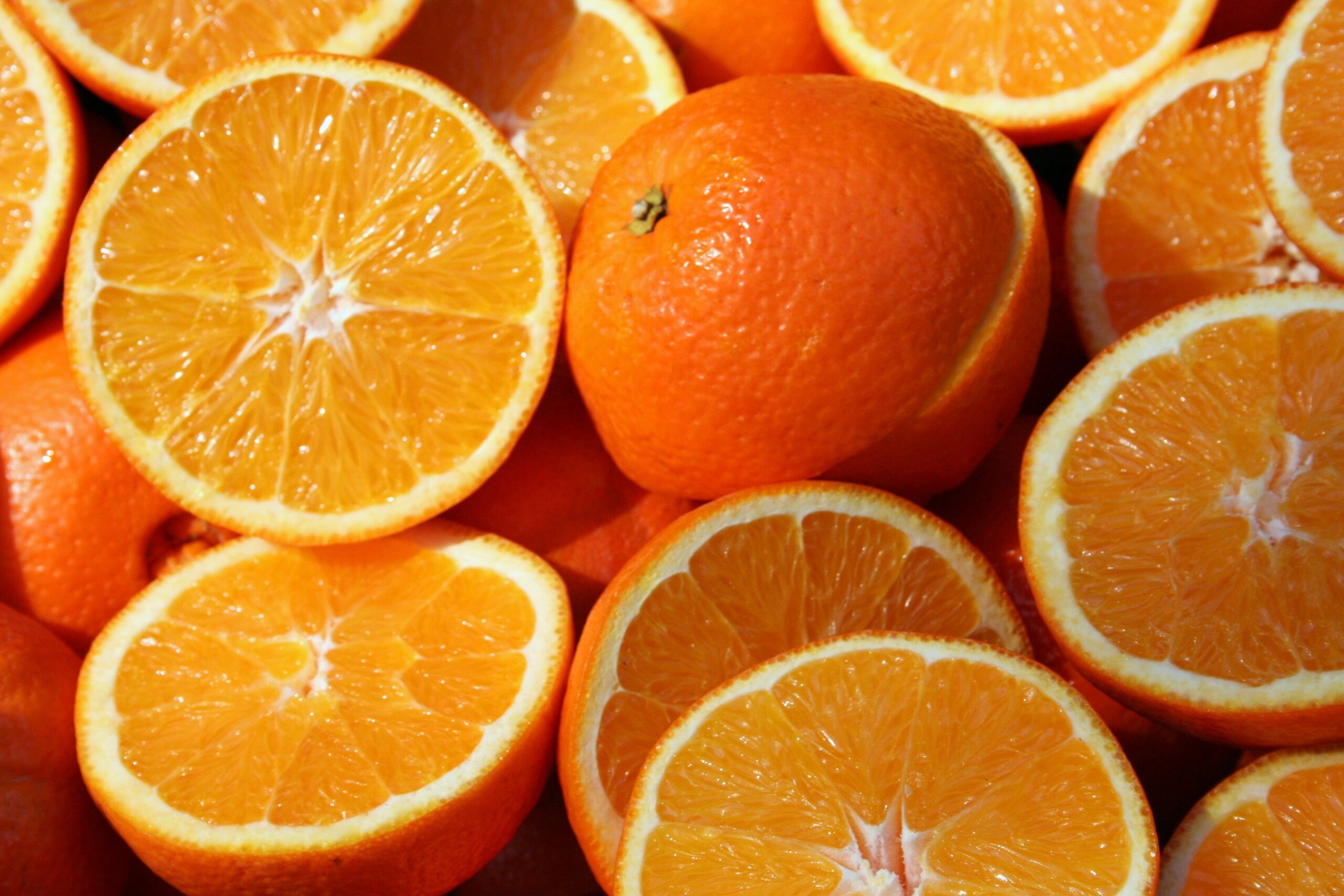
11 Jul What do anti-oxidants do?
If you’ve ever taken more than a passing interest in your skin, we can guarantee that if we asked you, you would have heard of the terms ‘free radicals’ and ‘anti-oxidant’. But if we asked you what those terms mean – well that’s another matter! No shame in that, most of you would say free radicals = not good for your skin, anti-oxidants = great for your skin. And you would be right – but let’s have a look in a bit more detail.
What are free radicals and what are they doing to my skin?
Free radicals are unstable molecules that can damage the cells in your body. They have one or more unpaired electrons. Now electrons like to be in pairs, so these atoms scavenge the body to seek out other electrons so they can become a pair.
The problem with this is that it causes damage to other cells, proteins, and DNA. The molecule that has had its’ electron stolen then goes off to steal an electron from another molecule causing a chain reaction of free radical reactions and damage. Not good.
But what does this mean in real terms? Well it means that whatever organ the damaged cells belong to is not going to work as well anymore. For example. collagen in the skin is weakened by free radicals, result – accelerated skin ageing, more wrinkles, discolouration, skin laxity and skin cancer.
You can see this at work if you cut an apple in half and watch. The quick browning of the fleshy bit is due to oxidation or free radical damage. Hold that thought, we’ll come back to it later.
So where do these scavengers come from and what can I do to prevent them?
Some of the most common things that cause free radical damage in the skin are pollution, the sun’s UV rays, lack of sleep, stress, illness, fried foods, alcohol, and smoking. That’s quite a list and virtually impossible for us to avoid all of these, all of the time, but help is at hand.
Where free radicals are the scavengers going round stealing electrons and causing your skin to age more quickly, anti-oxidants are the avenging angels!
What do the antioxidants do?
Antioxidants can donate one of their electrons to help stabilise the scavenger cell and minimise free radical damage. When we are younger, we have antioxidants in good supply however with the ageing process, our supplies run low and we need to supplement them.
By donating an electron, they prevent oxidative reactions and free radical damage whilst remaining stable themselves. Let’s go back to our cut apple. If we sprinkle lemon juice (an antioxidant) on the cut apple, it is kept from browning showing perfectly the preventative effect of an antioxidant on free radical damage.
Quick – where can I find them?!
There are several antioxidants naturally found in the body; vitamin C, vitamin E, glutathione, carotenes, alpha-lipic acid and ubiquinone (co-enzyme Q10). They are the first line of defence for the skin to protect itself from free radical damage but as we said earlier our stocks diminish with age supplementation is essential in the form of topical skin products.
Studies have shown that topical antioxidants protect the skin from the damaging effect of free radicals caused by UV rays which is why an AlumierMD sunscreen is essential. However, sunscreen alone only protects against up to 55% of free radicals so additional topical antioxidants are strongly recommended. Now we aren’t suggesting you slather yourself in lemon juice but in AlumierMD EverActive Vitamin C & E you will find vitamin C, vitamin E, glutathione, caffeine, resveratrol and grapeseed extract.
Lastly, we would just mention that a diet rich with antioxidant fruit and vegetables (to name a few – blueberries, strawberries, pecans, kale, dark chocolate, yay), is also important and helps to support the work of the topical antioxidants. If, like us, you aren’t good at getting your ‘5 a day’ we have a fantastic range of iiaa skin health supplements in clinic.
Hope that helps – now don’t be a withered apple, get your topicals and stay peachy!


Sorry, the comment form is closed at this time.